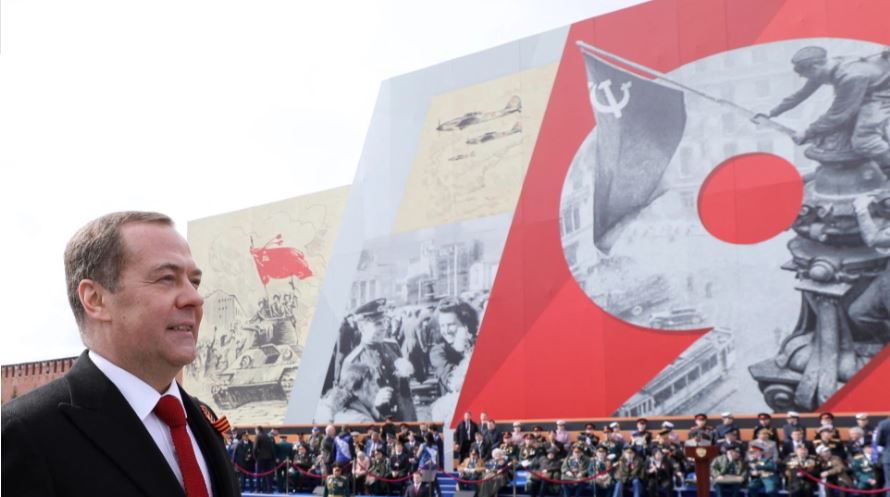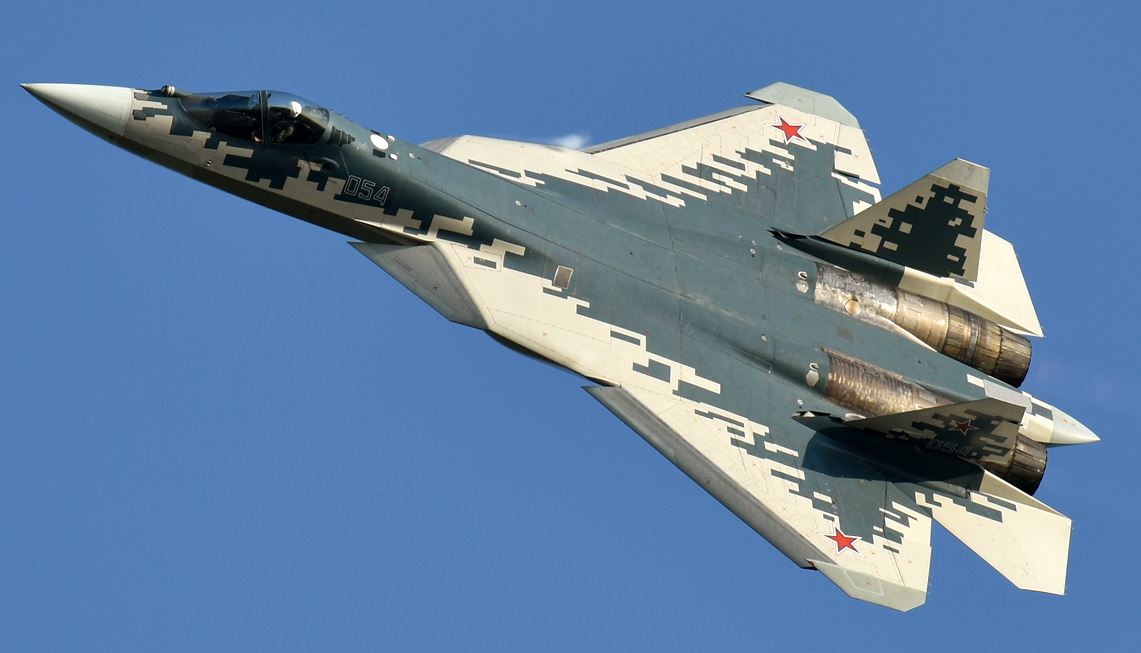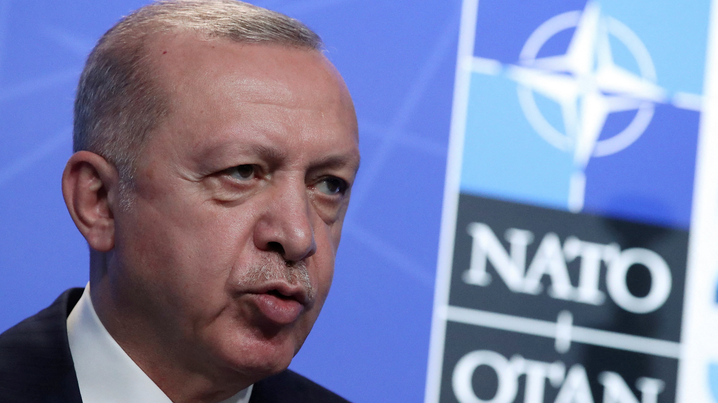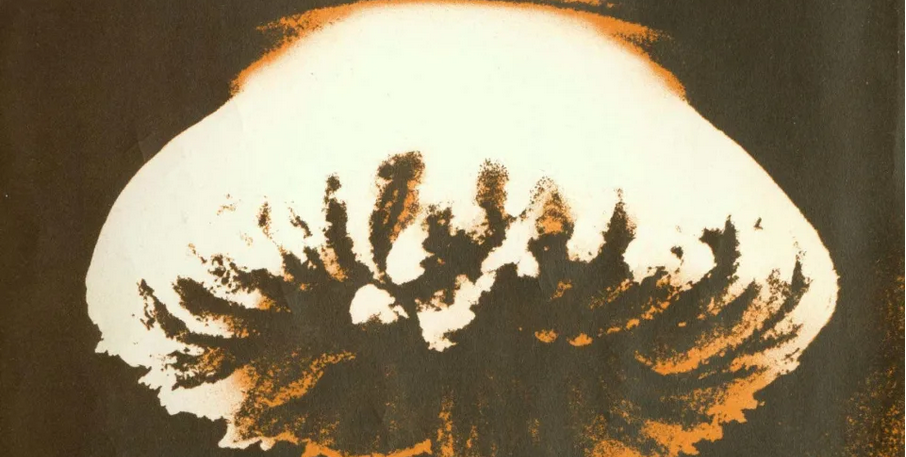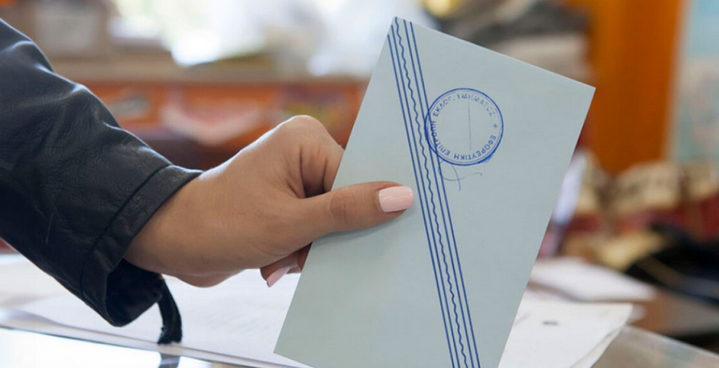Yevgeny Shumilkin is going back to work on Sunday. To prepare, he pulled the familiar “M” off what had been his McDonald’s shirt and covered the “M” on his McDonald’s jacket with a Russian flag patch.
“It will be the same buns,” promised Mr. Shumilkin, who maintains the equipment at a restaurant in Moscow. “Just under a different name.”
McDonald’s restaurants are reopening in Russia this weekend, but without the Golden Arches. After the American fast-food giant pulled out this spring to protest President Vladimir V. Putin’s invasion of Ukraine, a Siberian oil mogul bought its 840 Russian stores. Because almost all of the ingredients came from inside the country, he said, the restaurants could keep on serving much of the same food.
The gambit might just work — underscoring the Russian economy’s surprising resilience in the face of one of the most intense barrages of sanctions ever meted out by the West. Three and a half months into the war, it has become clear that the sanctions — and the torrent of Western companies voluntarily leaving Russia — have failed to completely dismantle the economy or set off a popular backlash against Mr. Putin.
Russia spent much of Mr. Putin’s 22 years in power integrating into the world economy. Unraveling business ties so large and so interwoven, it turns out, is not easy.
To be sure, the effects of the sanctions will be deep and broad, with the consequences only beginning to play out. Living standards in Russia are already declining, economists and businesspeople say, and the situation is likely to get worse as stocks of imports run low and more companies announce layoffs.
Some do-it-yourself efforts by Russia may fall short of Western standards. When the first post-sanctions model of the Lada Granta — a Russian sedan co-produced by Renault before the French automaker pulled out this spring — rolled off an assembly line at a plant near the Volga on Wednesday, it lacked airbags, modern pollution controls or anti-lock brakes.
But the economic decline is not as precipitous as some experts had expected it would be after the Feb. 24 invasion. Inflation is still high, around 17 percent on an annual basis, but it has come down from a 20-year peak in April. A closely watched measure of factory activity, the S&P Global Purchasing Managers’ Index, showed that Russian manufacturing expanded in May for the first time since the war began.
Behind the positive news is a combination of factors playing to Mr. Putin’s advantage. Chief among them: high energy prices, which are allowing the Kremlin to keep funding the war while raising pensions and wages to placate ordinary Russians. The country’s oil revenues are up 50 percent this year.
Read more: NY Times


